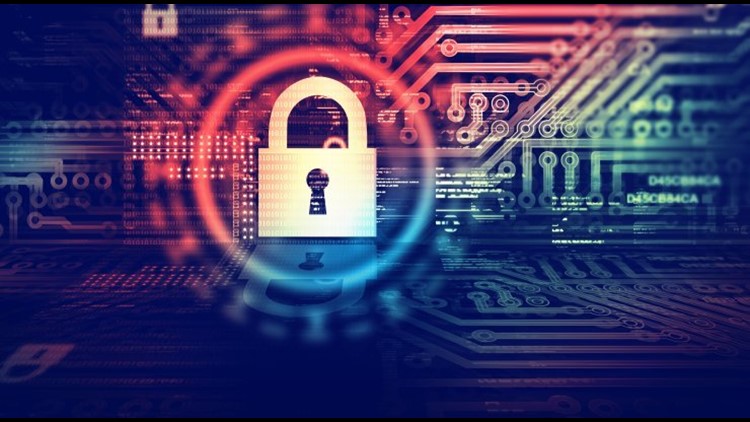The personal information of potentially 143 million Americans may have been accessed by criminals in a cybersecurity incident involving Equifax, one of the three major credit reporting agencies.
Equifax has set up a tool to see if your personal information may have been accessed.
After filling out some personal information on the form, you will get a message indicating whether your personal information may have been impacted by the incident.
A viewer indicated to FOX61 to also try maiden names or any names you may have had if the search comes back negative for your current name.
Regardless of whether your information may have been impacted, Equifax is providing you the option to enroll in “TrustedID Premier” identity theft protection and credit file monitoring service.
Equifax said 143 million consumers could be impacted. According to census.gov, the US population is just over 325 million.
The company discovered the breach on July 29 and unauthorized access started in mid-May.
In addition to the breach, credit card numbers for approximately 209,000 consumers "and certain dispute documents, which included personal identifying information, for approximately 182,000 consumers" were accessed during the incident.
"We identified a cybersecurity incident potentially impacting approximately 143 million U.S. consumers," Equifax said in a statement. "Criminals exploited a U.S. website application vulnerability to gain access to certain files. We discovered the unauthorized access and acted immediately to stop the intrusion."
The company has engaged with a separate cybersecurity firm to conduct a forensic review of the intrusion and law enforcement officials are currently investigating.
According to Equifax, investigators have found no evidence of "unauthorized activity on Equifax’s core consumer or commercial credit reporting databases."
Equifax also identified unauthorized access to limited personal information for certain UK and Canadian residents, according to the statement.
Cyber security experts say a breach like this should force companies to adopt bio-metric security measures.
"Something like a retinal scan of your eyes or your thumb print," says David Ryan Polgar, a digital citizenship expert. "That would have a lot more difficult time being hacked into. Because even with bio-metrics they usually scan for warm blood, things of that nature."



